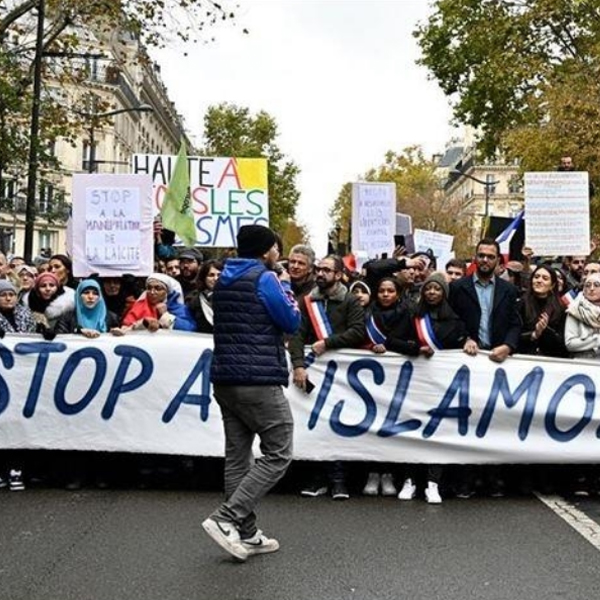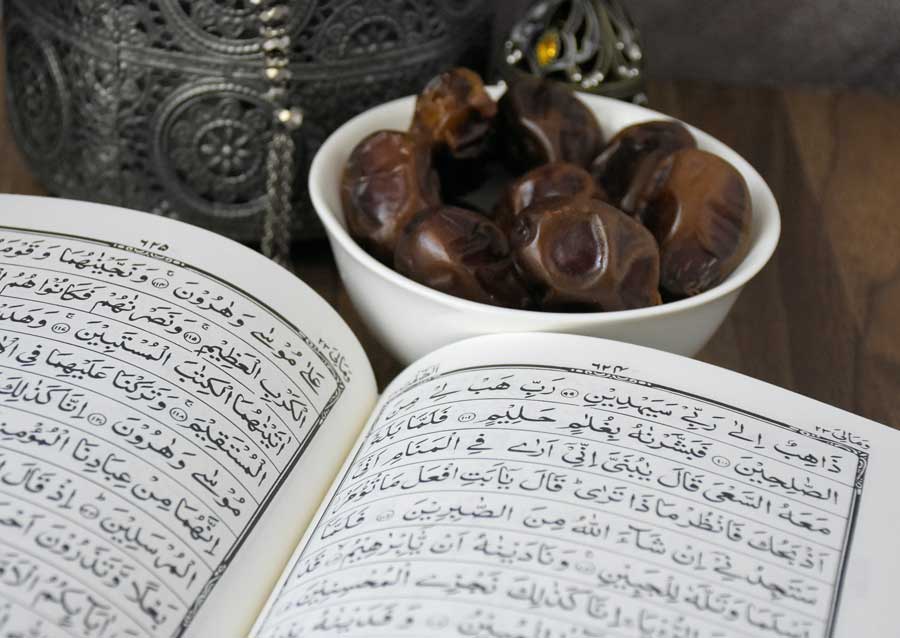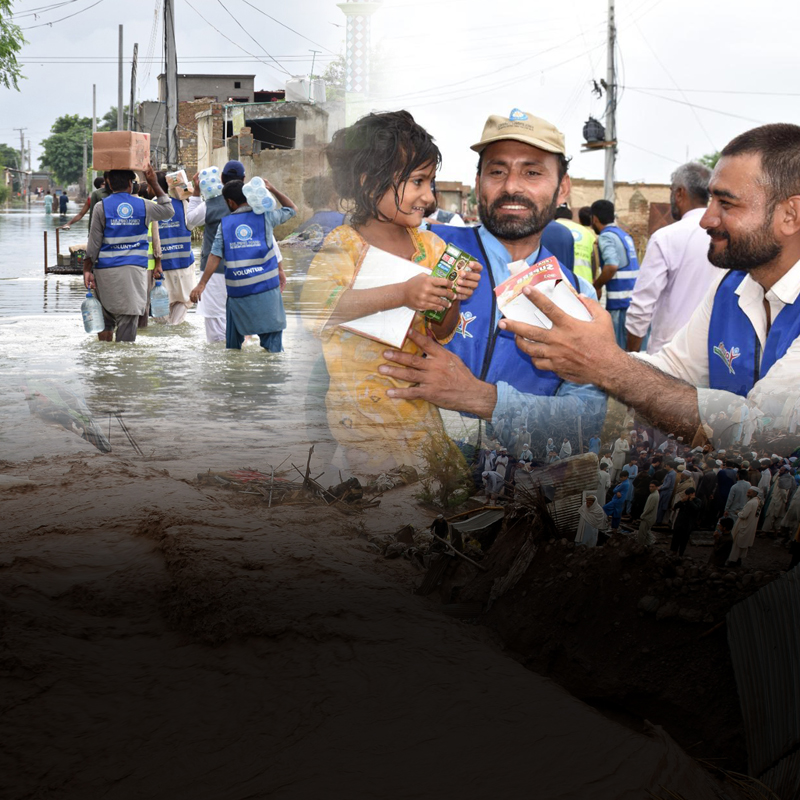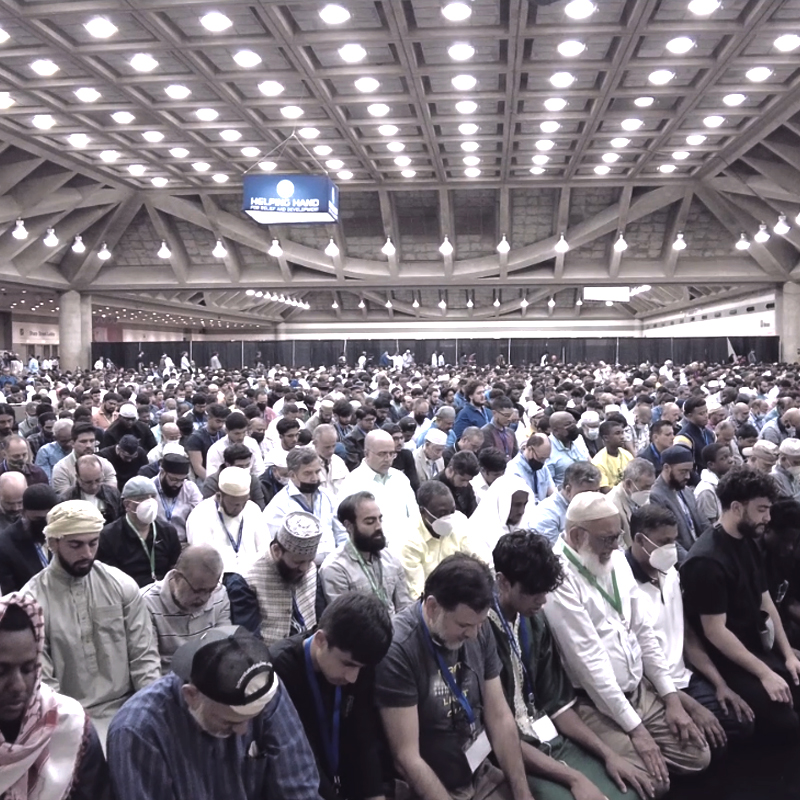
France’s Institutional Problems: Racism
Lina B. Date published: Wed, 26 July 23 In France weeks ago, Nahel M. was killed by French police at a traffic stop. The 17-year old was from the suburbs of Paris. The killing sparked protests amongst French Algerians, French Moroccans, French Muslims, and Black French people. Most of these groups live in underserved minority areas. In Europe, racism, Islamophobia, and anti-Semitism are embedded within the fabric of society, although many Europeans will claim that color does not matter. Hiding behind perceptions of color-blindedness helps members of Europe’s privileged classes to ignore systemic issues. In many cases, it is illegal to even compile racial statistics in France . The New York Times reports an investigation by France’s Defenseur des Droit that “young men perceived to be Black or Arab” were 20 times as likely to be subjected to police identity checks than other members of the population. In any case, it is difficult to speak about race and other institutional systems in Europe, and specifically France. France’s history with colonialism can be understood as one of the primary reasons behind its racism and institutionalized discrimination against minority groups. French colonialism was brutal. Even now, in the era of “post-colonialism,” France’s former colonies are still paying France a reparation tax – a tax for the inconvenience independence of the colonies caused to France. French president Macron refuses to ask for forgiveness for the crimes of the colonization of Algeria, despite Algeria’s request to do so. The birth of the idea of Western civilization is a precursor, or perhaps even a framework, to how race is understood today. French colonial and imperial propaganda has depicted the SWANA region, South Asia, East Asia, and Africa as lands of “backwardness, lawlessness, and barbarism tamed by French rule.” Vinecia Perkins in an article on the constitutional stratification of French ethnic minorities says that French culture sees itself as superior to all non-European cultures. The notion and rhetoric of “otherness” and pseudo-scientific racism has persisted amongst French treatment of its minorities from the expulsion of Jewish people from France to French participation in the Transatlantic slave trade. In French textbooks, colonialism is taught as having positive aspects. Politician Marine Le Pen has said that French colonialism gave former colonies “a lot.” Le Pen has made an influential political career despite racist statements like this, signifying that racism in France is persistently supported. Jean Beaman in the Georgetown Journal of International Affairs wrote back in 2021 that the ethos that is put forth regarding what makes an individual French is significant in understanding French color-blindedness. The values of “liberté, égalité, et fraternité” are seen as French. If an immigrant ascribes to French Republican values, they are French. Bauman argues that this is an assimilationist framework, where “individuals relate to the state as individuals and not as members of identity groups.” French Republicanism negates race and ethnicity, not treating them as identity groups. When these markers are not treated as identity groups, there can be little to undo harm and state violence against these groups. It is clear that the French state treats those who are non-white as an inferior class of people. However, when race is not a marker of identity, then the French state can claim that there is not institutional and discrepant behavior with those of minority groups. “Part of French racial discourse is actually not even using the word “race” in government documents. And as French scholar Mame-Fatou Niang remarks, there is no French word for ‘blackness.’ Despite French Republican ideology which denies race as salient, it nonetheless structures boundaries of inclusion and exclusion.” Jean Bauman, Georgetown Journal of International Affairs





